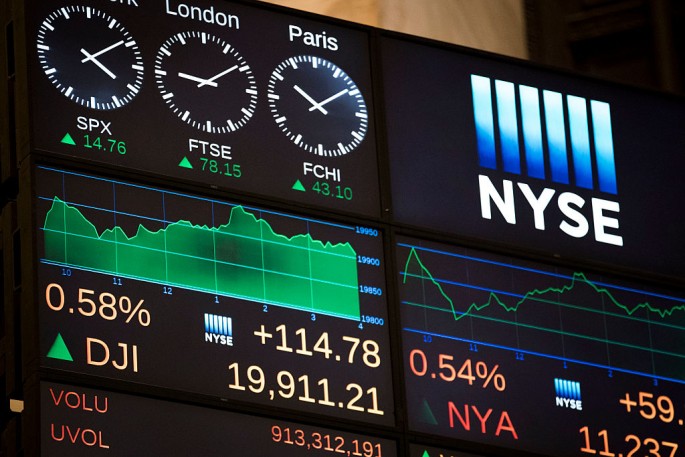It is always a prudent move to review and assess one's investment portfolio regularly whether one is currently living in volatile times or a more stable investment climate. A regular review would ensure that one can maximize the performance of one's placement as well as minimize the risks brought by adverse conditions.
For those who prefer to leave it to their fund managers to do the investment decisions for them, then the process of portfolio rebalancing could be a matter of shifting the percentages between index and actively managed funds. While the decision should ultimately reflect the individual's risk appetite, it is also worthwhile to note that each has its distinct advantages as well as their inherent disadvantages.
Index funds, also known as passively managed funds, are the type of mutual funds that just follow the index because they are just invested in the companies that comprise a particular index. One of the proponents of index funds is Dartmouth economist Kenneth French.
"You should expect to lose," French told CBS, referring to those who opt for active instead of index funds. While he is not discounting that there are indeed good fund managers out there, the main problem with entrusting one's money to them is that it is hard to distinguish the great fund managers from the rest. But there is a downside to index fund. One cannot hope of outperforming the index because, it is the index.
On the other side of the fence are those who espouse the merits of investing in actively managed funds. The main reason is that they offer a chance to beat the performance of indexes. Of course, fund managers have a host of techniques at their disposal to soundly beat the index, although theory sometimes does not translate to actual performance.
It is perhaps every investor's dream to come out way ahead of the boring index. Of course, there is a downside to getting an actively managed fund as well. Since these funds maintain an expensive army researchers and market analysts to do the stock picking for them, the fees are steeper compared to their index fund counterpart.
While there are those who argue that actively managed funds seldom beat passively managed ones, it cannot also be denied that there are indeed funds that surprisingly managed to stay on top of the index performance even in the long term. Their performance in beating the market is just too consistent to attribute to chance. For those who plan to park a portion of their investable assets in active funds, the first criteria for choosing an active fund manager is, therefore, their historical performance.
In addition, most successful actively managed funds have one more thing in common - their managers have a sizable stake in the funds they are steering. This is understandable. With their own fortunes on the line, fund managers these managers have more incentive to maximize their fund's performancel.
Investors must likewise be on the lookout for the cost of the funds. Higher costs tend to weigh down on the fund's earnings in the long run, hence, it is best to find a high performing fund that does not charge an arm and a leg.
While choosing between active or passive ones is an important part of process of building an investment portfolio, the more important part is to keep one's mind on the long term investment strategy, as Forbes suggested. Sometimes, investors are too quick to sell off and cut their losses when a fund goes into a period of under-performance or to sell it off during times when it is performing well. Ultimately, the discipline to stick to a sound plan is their best bet for investors to reach their long-term financial goals.
Meanwhile, enjoy this explainer video about index funds:



























